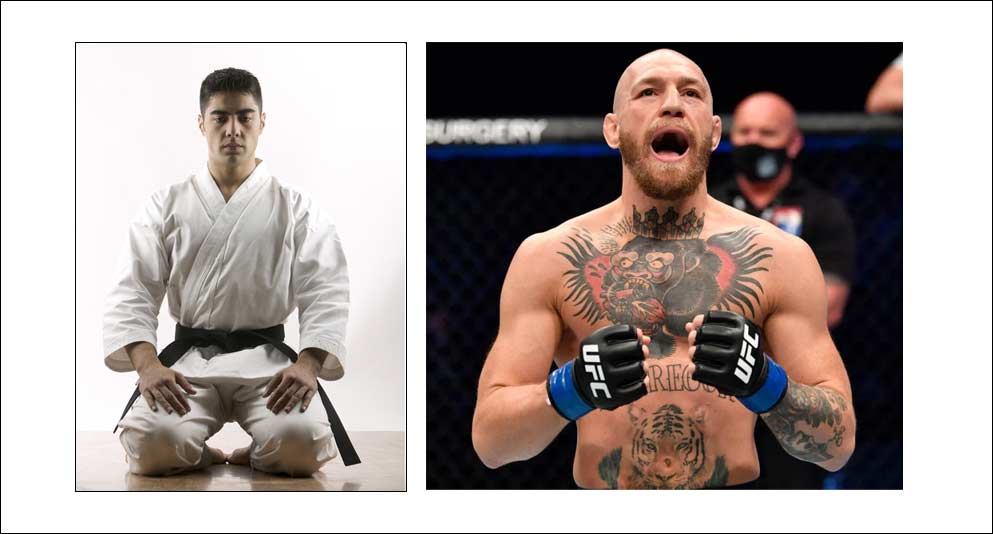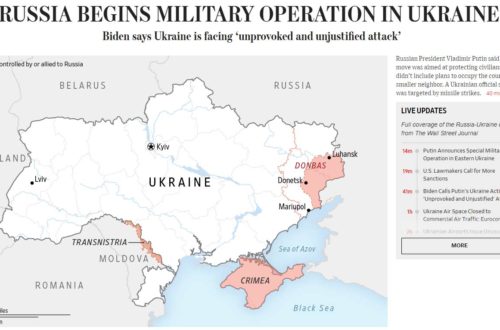At my brother’s urging, I have been watching the Netflix series Narcos. In my usual way, it has taken me some seven months to get through eight episodes. Why so slow? I am busy. My wife and daughters tend to monopolize the TV. I am too impatient to sit through extended video. Whatever.
But I arrived at a remarkable scene at the end of episode 5 “There Will Be a Future” where Colonel Horacio Carrillo of the Columbian military police and infamous drug trafficker Pablo Escobar have a remarkable phone conversation. Check that scene out for yourself here –
– as a representative of the Colombian state Col. Horacio Carrillo (based on a real person, Hugo Martinez) is tasked with capturing the wealthy and powerful narcotraficante Pablo Escobar, and Escobar is hardly going to permit it. The two men have both already tried to kill the other; they both possess lethal force in scads and have killed plenty of people, so they are not issuing idle threats. In the matter of killing, they know what they are doing. Carrillo and Escobar are both dangerous men, in different ways in their divergent roles. They both know the other would not only kill them but their families without the slightest compunction, as they clearly communicate in the above video. They recognize the other as a deadly threat. One or the other, or maybe both, will not survive this confrontation. These are not two blowhards talking shit and issuing challenges while drinking beer in some sleazy bar. These are capable experienced killers circling each other before the final fight. “I’ll kill you! I’ll kill your whole family!” The phone dialogue fairly snarls with raw emotion and unbridled aggression.
If you saw two male lions fighting to the death to see who controls the pride, or two rams seeking mastery over each other charging at full force to slam their horns together – you would not capture the anger and danger these two men present to each other. Blood will run in rivers before Col. Carrillo and Pablo Escobar are done with each other. In fact, I am pretty sure a betting man would wager that both will be dead before the series is over. As the Chinese say, “When two tigers clash, one is killed and the other is maimed.” That could be too optimistic. Maybe both will die. Where is the advantage in that for either? And is it worth it to kill your adversary, if you yourself are left maimed?

Perhaps it is best to avoid a fight, if at all possible. But sometimes the fight has a way of finding you. You may want no part of it, but that might not matter. A man might not have much choice. And it is better to be maimed yet survive a lethal encounter. To be murdered would be the worst.
In the ancient world, the situation was more clear cut.

In the old days, honor and reputation were all. Achilles might claim that, in their extended dual to the death, both Horacio Carrillo and Pablo Escobar through combat bring honor to their names with a reputation which extends down into posterity. Achilles performed such feats of martial prowess on the plains of Troy that nobody forgot his name –
This life of strife and combat is better, the ancient Greeks might claim, than living out your life in ignominious obscurity. You make yourself famous, Homer might argue, and that is much better than living forgotten in life and unremembered in death. Alexander the Great supposedly carried a copy of The Iliad wherever he went in his peripatetic life dedicated to conquering others. Theodore Roosevelt, living so much in the public eye, in his own unique way, preached this ethos of the active “strenuous life” in this famous speech:
“It is not the critic who counts; not the man who points out how the strong man stumbles, or where the doer of deeds could have done them better. The credit belongs to the man who is actually in the arena, whose face is marred by dust and sweat and blood; who strives valiantly; who errs, who comes short again and again, because there is no effort without error and shortcoming; but who does actually strive to do the deeds; who knows the great enthusiasms, the great devotions; who spends himself in a worthy cause; who at the best knows in the end the triumph of high achievement, and who at the worst, if he fails, at least fails while daring greatly, so that his place shall never be with those cold and timid souls who neither know victory nor defeat.”
It is powerful prose. It might also be good advice.
But at 55-years of age, I am not sure it is the best advice.
I certainly did not take it. I became a high school teacher and have spent decades in my classroom. I am not a public figure; I work in obscurity. My passions are private ones, not public. I have dedicated most of my time, energy, and money towards raising my daughters, pursuing my passion projects, and cultivating myself generally. I’m just a regular person. I read books and write. I am introverted and quiet. I do my job and take care of my family. I am not any different than almost all my neighbors who live the same way. I make no ambitious claims to the heroic nature of my life, nor look to popularity or acclaim as things to be desired. In fact, I would walk away from the spotlight, if I had a choice. I prefer the freedom to do as I please. Nobody lives enchained as much as celebrities do in America today. The “rich and famous” have next to no privacy or ease in their lives; everyone is watching them. It must be horrible. I live hidden in plain view, to some extent, relying on my ordinariness to give me safety and security. I am one fish among a great number of other fish swimming in the sea. I do not stand out.
I know there are drug cartels near where I live who employ hard men who would kill me and feel nothing. People cut from the same cloth as Pablo Escobar. But I suspect I will never attract their attention, because the drug business and myself do not cross tracks. We move in different circles. We are strangers to each other. That is fine by me. They have never taken notice of me. Most likely they never will. Good.
In fact, I have no known enemies at all that I know of. The consolation of living a quiet peaceful life is that you avoid controversy and conflict. I don’t fight with anyone, because there is nothing to fight for. Nobody seeks my money, because I don’t have much. Nobody challenges me to fight, because I am a nobody. There are pros and cons to being “in the arena.” Teddy Roosevelt might argue that I never fought “the good fight” through politics in “the arena” of public life and so failed to win renown and “make the world a better place,” as I defined it. But I never wanted to be a gladiator. So I lived a private life. A peaceful life.
And peace is a nice attribute to have in one’s life as one ages.
To live at peace with oneself and others. To have no known enemies. To avoid combat and controversy. I think about getting into the kind of “whose cock is bigger” conflict which Colonel Carrillo and Pablo Escobar are partaking in, and I get tired. So much testosterone. The collision of the two will produce a giant explosion which will leave devastation in its wake – a bitter desolation, once the violence ends, as the dust settles. “I have seen all the works that are done under the sun; and, behold, all is vanity and vexation of spirit,” Ecclesiastes reminds us. “That which is crooked cannot be made straight: and that which is wanting cannot be numbered.” It is all vanity and ego.
So I will be careful.
I will choose to live outside Roosevelt’s “arena,” enjoying the fruits of a quiet private life.
Last week I came across an elderly Korean martial arts master who sold his Hap Ki Do studio years ago and retired. He told me that well into his seventies he still practices his “poomsae” each day, and performs throws and kicks to exercise his muscles while breathing “ki” from the lower belly; this man has been practicing martial arts for over six decades, since his father first taught it to him as a boy in post-war Inchon, South Korea. He is quiet and unassuming. He is the last person to get into a fist fight, although he might be the first to end one. He is patient and kind; he is a gentleman. He is a “martial artist,” in the best sense of the word. Able to control others physically if necessary, he is first and foremost in control of himself. I have been lucky enough to meet many men like Jong Hak Yi in my life, and they have been role models.
In particular, I remember Gil “Peter” Kim of Huntington Beach, California, most fondly. I learned so much from him. It was not only (or mostly?) the martial arts techniques he taught or the specific words he chose to speak to me – although I remember almost all of them decades later. It was his example, the way he carried himself, how he chose to treat people, that you had no doubts on how to live yourself. So powerful was his teaching that Master Kim almost never extemporized much, as his lessons were obvious and needed few words. They say that boys almost never listen to their fathers, but they rarely fail to grow up to be just like them. A father or teacher gives instruction always and everywhere to the next generation, whether they intend to or not; they teach the young through their own examples, and only occasionally do they use words. “Preach the gospel at all times and if necessary, use words,” St. Francis of Assisi argued. You can always judge a master of the martial arts by the quality and character of the students they produce. I think about these old Korean instructors, always much older than myself, and I see the enormous debt I owe to them. They were half my size, but I looked at them as giants.
Men like them are who I aspire to be. A man like my own father.
Or maybe I can take some credit, too. I came looking for them. I was open and receptive to their lessons. As the Buddha supposedly said, “When the student is ready, the teacher will appear.”
Who do I NOT aspire to be?
Well, in the context of the martial arts world, I don’t aspire to be a “mixed martial arts” champion like something one would see at the UFC. An arrogant young cock full of tattoos and bravado, fighting for money and reputation, imbibing alcohol and drugs, living a fast life full of fast women. This is not always the case in MMA, but often it is. The professional fighter life of “fame and fortune” might be attractive to young men full of ego seeking to make a name for themselves, but I am playing the long game. What is attractive to the senses and flatters the ego is not necessarily that which sustains the spirit or nourishes the soul. And anyone, no matter how tough, can take only so many blows to the head before it starts to leave permanent damage. When it comes to those who enjoy fighting, nobody is as tough as he thinks he is.
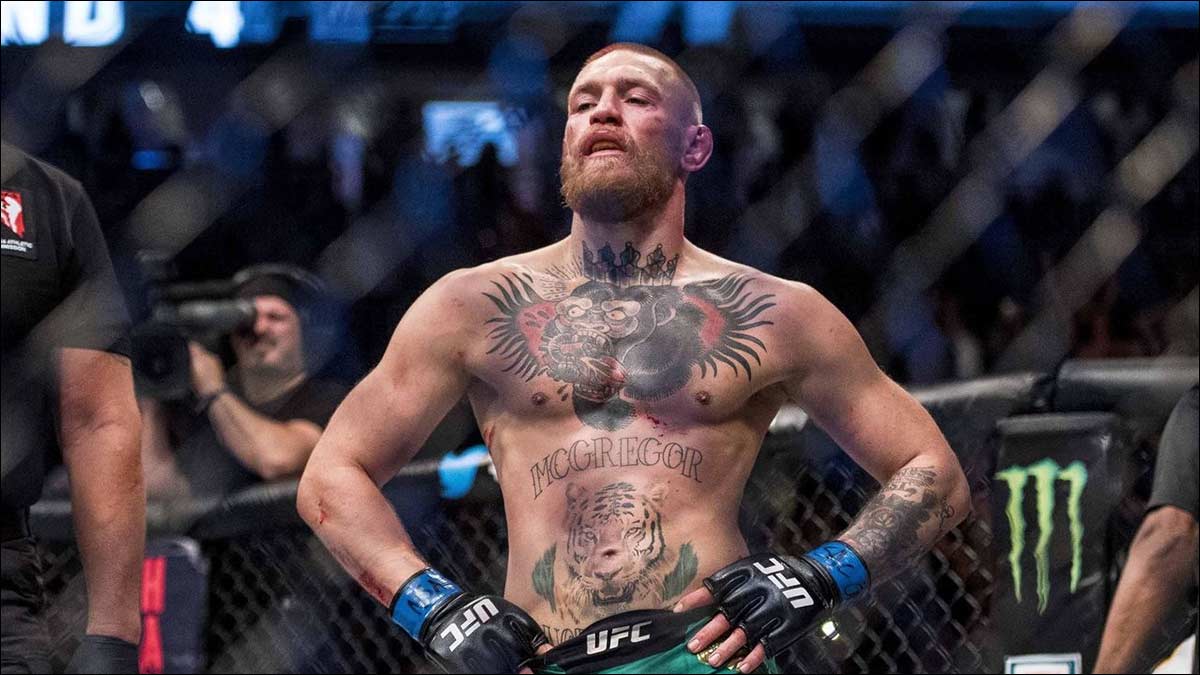
The photo above is Conor McGregor, who is a great representative of success in the “mixed martial artist” (MMA) world common at the Ultimate Fighting Championship (UFC). It speaks for itself. Where will Mr. McGregor be in twenty years? Will he follow the Mike Tyson path? Another “tough guy” living recklessly? Aging poorly? Whose role models are they? What young person looks at Conor MrGregor and says, “That is who I want to be”? And why? Because McGregor is a “great fighter”?
I, on the other hand, looked to a different exemplar in traditional martial artists whose goals went far beyond only prowess in combat. “Karate strives to build character, improve human behavior, and encourage modesty,” claimed Konishi Yasuhiro. “It cannot, however, guarantee it.” But a quality instructor will produce quality students. The opposite is also true, unfortunately.
I will end by posing a few questions:
What is worth getting hit in the head for? Or hitting someone else in the head for?
What is worth killing for? Or getting killed for?
I can think of many things.
But none of them revolve around ego, money, or reputation.
That is all vanity and vexation of spirit.
The meretricious playthings of young people. (And sometimes of not so young people people.)
A man should dig deeper for more, in my opinion. Look for uncommon gold in difficult places, which patience and endurance uncover. Eschew the common currency bandied in the marketplace, and reach beyond surface appearances. Dig your toes deep into the dirt and anchor yourself to the solid granite of the earth. Aspire to be as solid and immovable as the mountains.
Do not be an overgrown boy.
Be a man.
Don’t seek “success.”
Seek wisdom.
Success will come.
Although it might surprise you in the form it takes.
“All that is gold does not glitter,
Not all those who wander are lost;
The old that is strong does not wither,
Deep roots are not reached by the frost.”
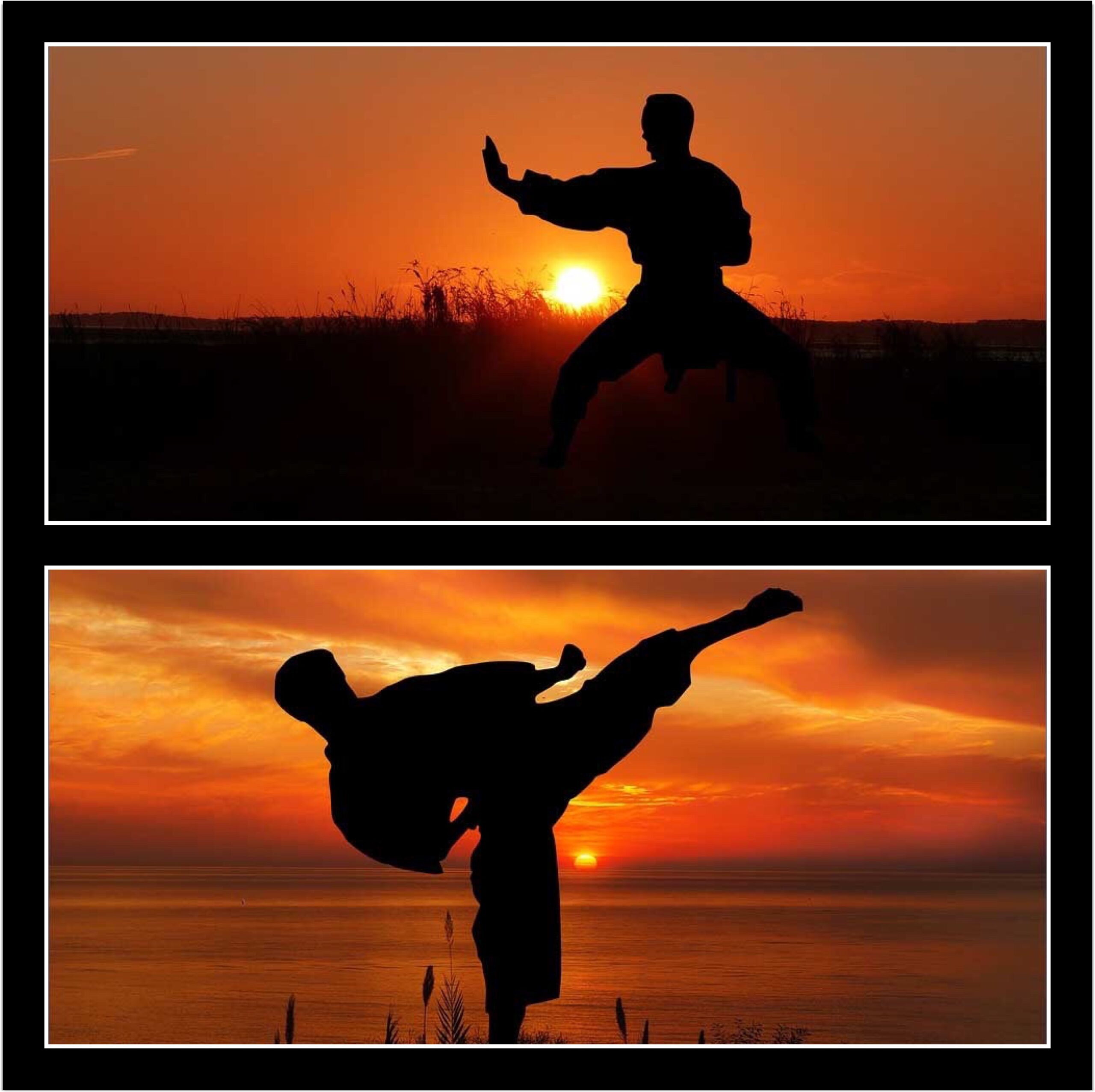
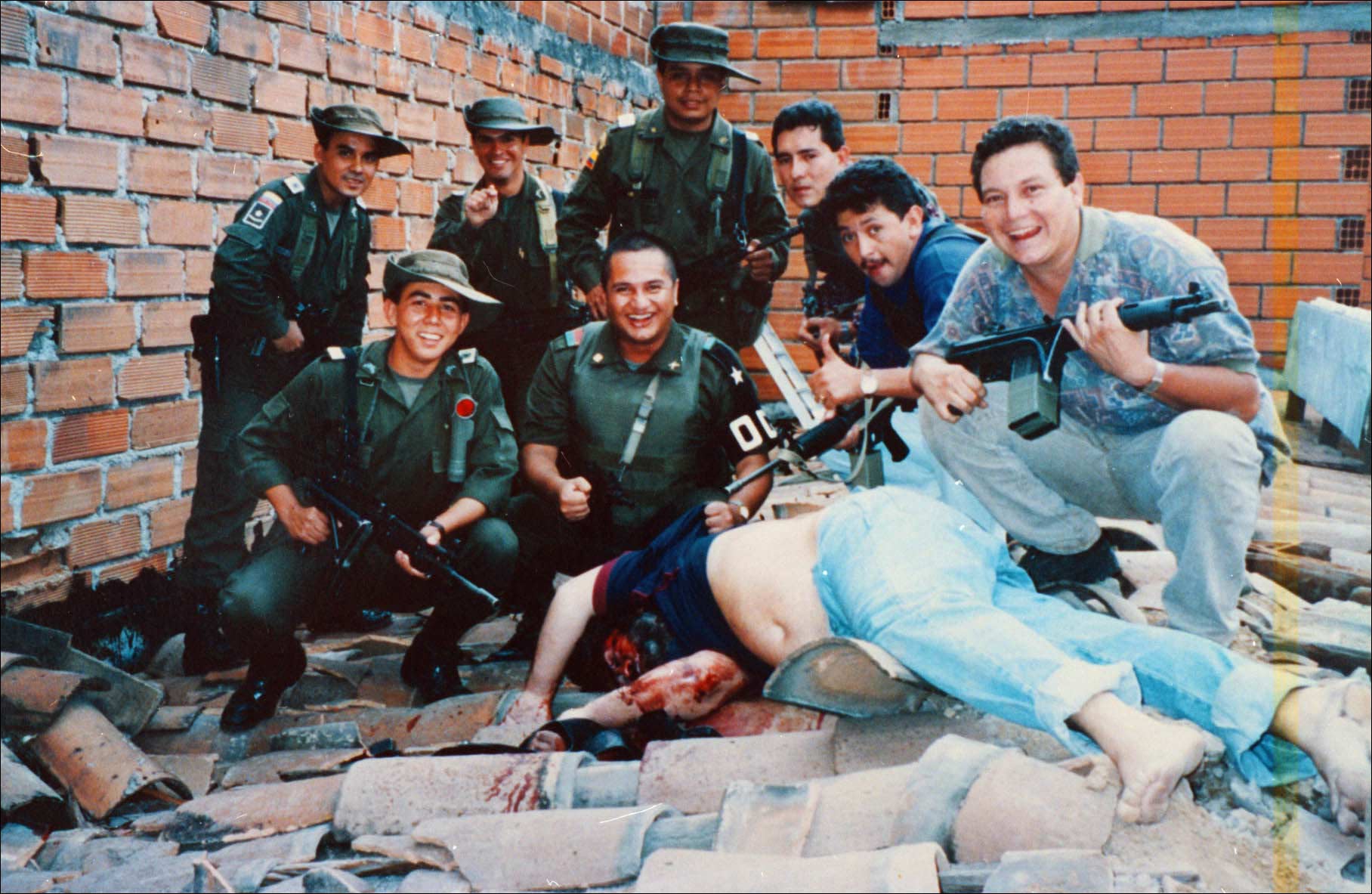
One of these men will kill the other.
